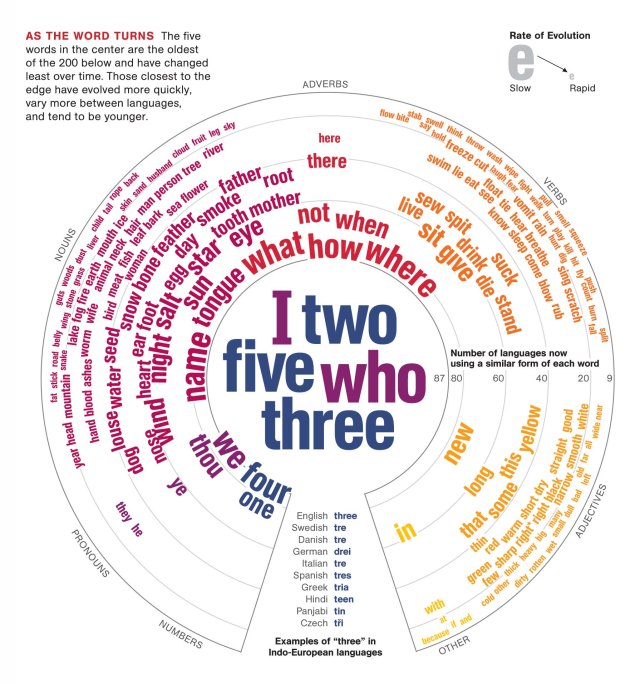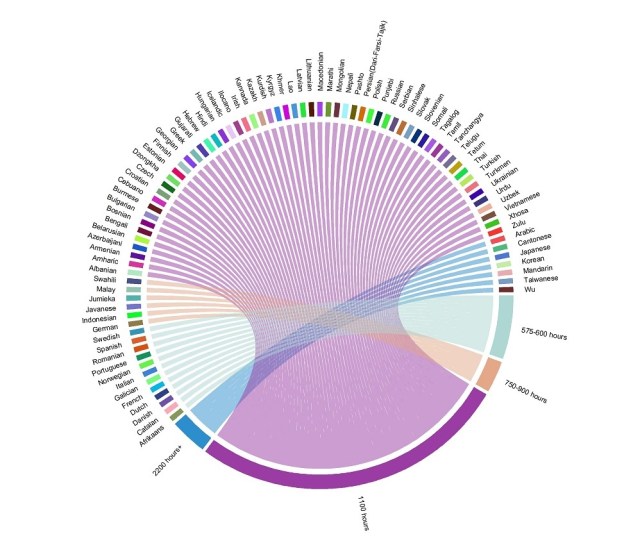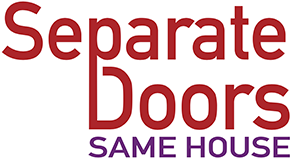Have a word theatre

Pressed at an event, a well known theatre director isolated ‘class’ as a possible driver behind his premature departure from a high profile post.
An inability to understand a Latin word used during a board meeting marked his card, denoted his rank and, he suggested, may have started a process which led to the door.
A producer, known for excellent work in promoting diversity and with a desire to represent people with learning disabilities, posited casting actors with mild learning disabilities .
‘Learning disability lite’ as she put it, meant minimal or no adjustments to text or issues with on set communication but meant she was still ‘ticking the box’ by ‘cheating a bit’.
An award winning actor with a non R.P. accent, waits for a resurgence in Irish writing on the London stage to secure employment, knowing that casting directors won’t see her for roles unless they are specific to her dialect.
Is it time to break the tyranny of words and language in theatre?
“Every word is like an unnecessary stain on silence and nothingness.”
Samuel Beckett
The Silent Approach offers a route into accessible, universal theatre for playwrights, directors and actors, making work which includes the talents of actors who aren’t verbal or cognitively usual and mines a rich seam of story telling offered by exploring characters and worlds invisible.
If words create hierarchies of sound and language then why not leave them at the door?
No theatre maker I know works to a process where one collaborator is afforded more artistic value than another but we let the language we use and the way it sounds determine status.
A highly accomplished verbal athlete working the most complex of text needs another actor to listen to him, both actors are in the scene, one can’t exist without the other.
“After silence, that which comes nearest to expressing the inexpressible is music.”
Aldous Huxley
For many years Arts Council England has encouraged board diversification for theatre companies and although progress has been made there’s still some way to go.
Formal language can act as a major barrier to the advancement of individuals not versed in the (usually archaic) lingo of the board.
How about re-thinking governance, aiming for accessible language and removing linguistic signifiers constructed to seek out and define social status?
“Silence is so accurate.”
Mark Rothko
And finally, must all roles be cast according to an idea of acceptable accent?
We’re all accustomed to bumping into people from all over the UK and all over the world in many different contexts.
Its dramatically unnecessary to explain why the guy running the corner shop is Welsh when the soap is set in Newcastle or why a character in the Cherry Orchard has a Ghanaian accent (Does everyone else sound like Putin? No).
Can we give actors a break and move our imaginations in tandem with their talents?
The world may suddenly look a lot more interesting, and realistic, on stage.


